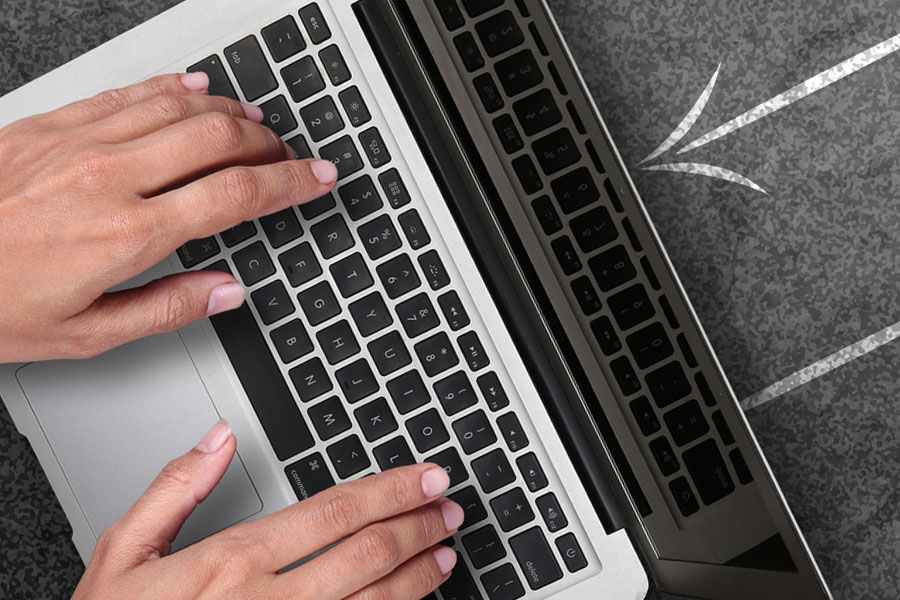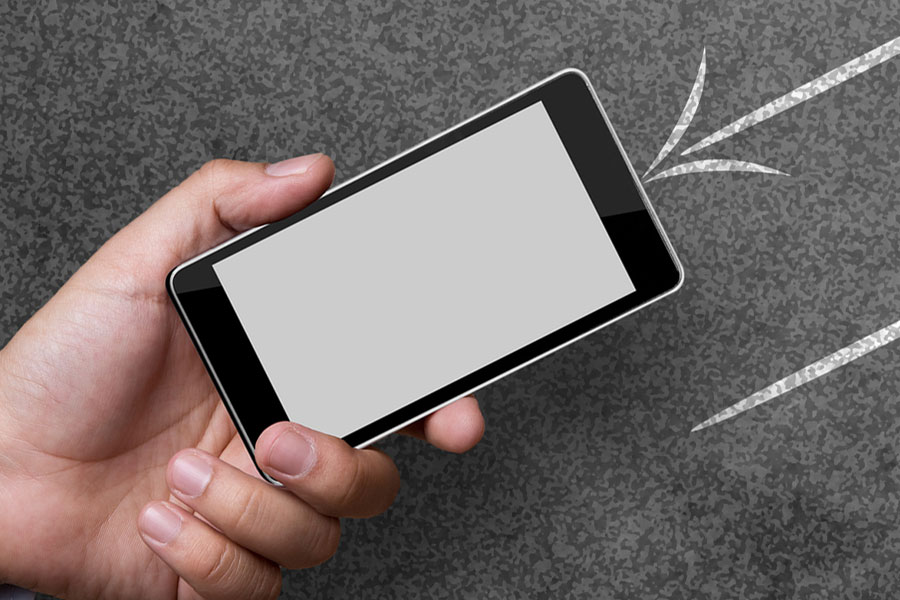Secure Computing
As members of the campus community, we all share the responsibility for securing our resources. Take charge of your technology by following the guidelines below to secure your new device. Additionally, make sure to complete the required Security 101 course, which is mandatory for all campus affiliates. This course will help you understand university policies, procedures, and current threats. If you have not yet completed the course, you will receive an email with a training assignment.
Your Devices

Computer
Computers become vulnerable to viruses when their software is out of date. Protect your computer by turning on automatic operating system updates and installing antivirus software. Further secure your computer by setting up CMU’s recommended security preferences, including password protections and a firewall. Visit the guides below for steps.

Mobile Device
Mobile devices, like smartphones, smartwatches, and mixed reality headsets, are mini computers. Secure them the same way you would your laptop by following the guidance below.
- Lock your device with a PIN or password.
- Use caution when connecting to public wireless networks. If possible, connect to a secure wireless network, one that is password protected. When on campus, connect to CMU-SECURE wireless.
- Update your device operating system and the apps on your phone.
- Disable Bluetooth and Wi-Fi when not in use. Don't connect automatically to new Wi-Fi networks.
iOS: Secure your iOS device | Update your iOS device | Update iOS apps
watchOS: Secure your watchOS device | Update your watchOS device | Update watchOS apps
visionOS: Secure your visionOS device | Update your visionOS device| Update visionOS apps
Android: Secure your Android device | Update your Android device | Update Android apps
For other mobile operating systems, refer to your manufacturer's support documentation for guidance on security and privacy.
Your Account
Andrew Account
Follow these tips to keep your Andrew account secure.
- Never share your password.
Students - Authorize parents or guardians to access billing information through My Plaid Student.
Faculty/Staff - If multiple people need to access the same email, request a shared mailbox. - Before clicking on links in an email message, verify URLs are affiliated with Carnegie Mellon University by hovering over the link. University login pages display login.cmu.edu in the address bar.
- Stay alert to email scams. Many campus affiliates have fallen victim to fake job offers, losing serious money. Don't take the bait!
- Never write down your password. Consider a password manager to help you remember account details.
- Your Andrew account password should be unique. Don't reuse it with other accounts (e.g., personal email, Amazon, Instagram, etc.).
Personal Information
Personally Identifiable Information (PII) is any information that may be used to distinguish or trace a person’s identity. Examples include: social security number, driver’s license, passport, etc. This information may be on your computer right now. Follow these tips to keep this information safe:
- Limit what you share on social media.
- Avoid providing personal details in an email response or over the phone.
- Do not open email attachments or click on links from individuals you do not know.
- Verify the identity of anyone requesting PII by sending an email directly to them or calling.
- Shred all documents containing PII and avoid leaving them in plain sight.
Your Files
Always store university files using an approved CMU storage option such as Google Drive or Box. Personal cloud storage accounts or a hard drive are not acceptable for university work. See our File Storage Comparison page for more information on which option is best for you.